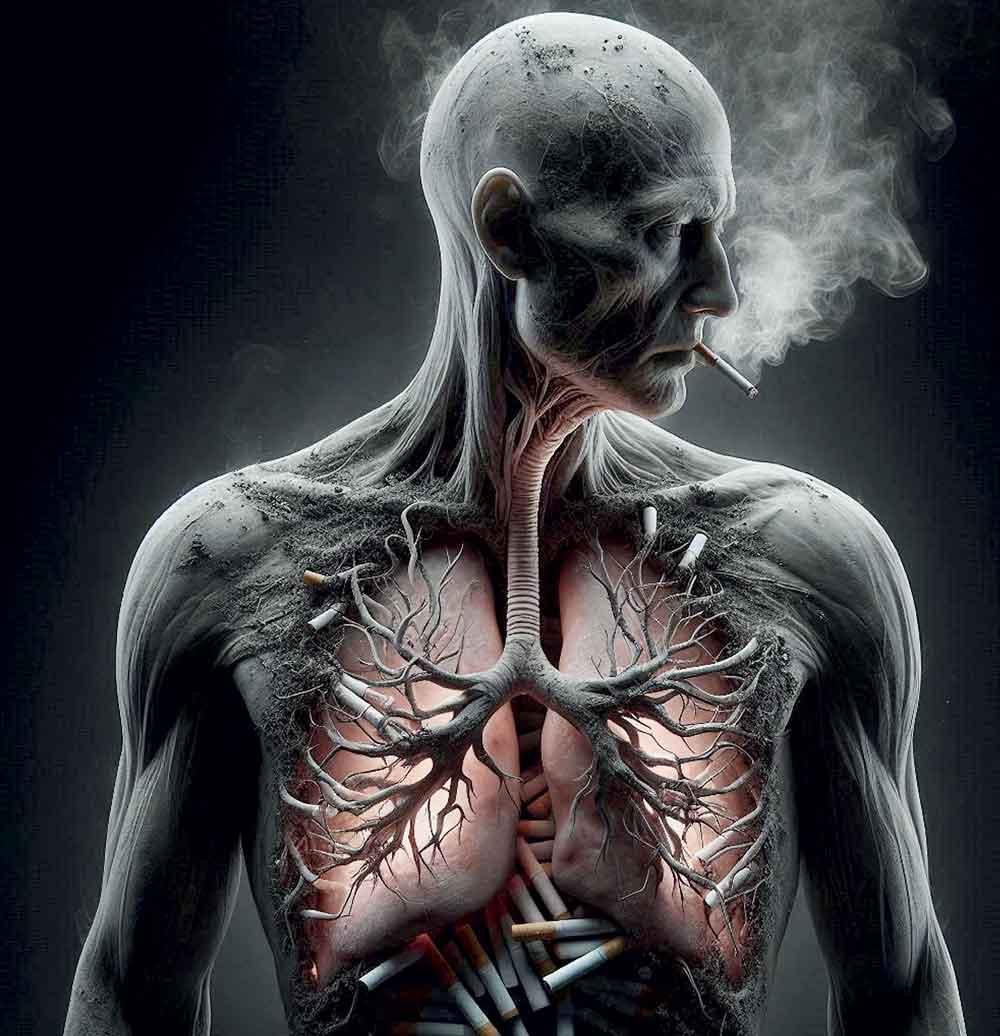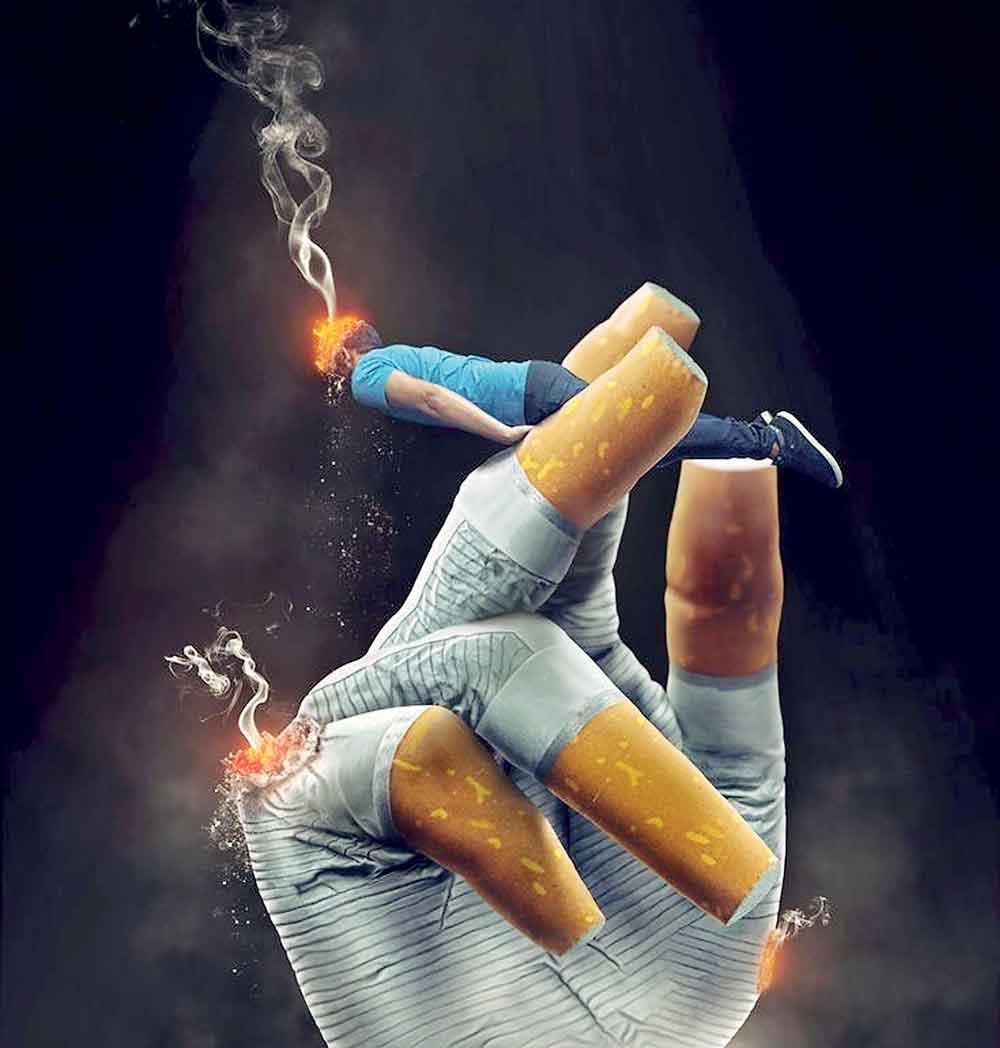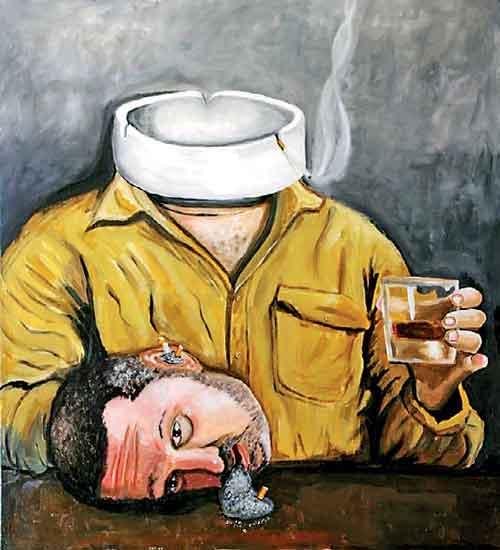
Addiction is one of the most pressing issues in today’s world. Every day, more people are becoming dependent on substances like alcohol, drugs, and cigarettes. This growing crisis is visible across all ages, from teenagers exploring boundaries to adults trying to cope with the pressures of life. But while addiction is easy to observe from the outside, understanding why it starts and what people are really seeking through it reveals a much deeper and more complex story.
At its core, addiction often begins not with a deliberate choice, but with a moment of vulnerability. Very few individuals set out with the intention of becoming addicted. Instead, many begin experimenting out of curiosity, social influence, or the simple desire to “try it once.” Teenagers may feel pressured to conform to their peers. Adults may turn to these substances as a means of coping with life’s stresses; financial worries, emotional pain, relationship struggles, or the demands of work. In these situations, substances like alcohol or drugs appear to offer a form of temporary relief. They dull the pain, create fleeting happiness, or offer a momentary escape from overwhelming feelings.
While the initial experiences might seem positive, the long-term consequences are devastating. Physically, addiction wreaks havoc on the body. Alcohol abuse can lead to liver failure, high blood pressure, and heart problems.
Consider the person working long hours in a high-stress job. A drink at the end of the day can seem like a reward or a way to unwind. Someone going through emotional trauma, perhaps grief or a breakup, might use drugs to escape the sadness for a while. A smoker might light a cigarette during a stressful moment to calm their nerves. In these cases, the substances act like quick fixes. But as the brain becomes accustomed to the effects, a dependence starts to form. Over time, what began as a one-time solution becomes a need. The body and mind begin to crave the substance just to function normally.
In the early stages, people may feel that these substances are helping them. Alcohol can temporarily ease social anxiety, making people feel more confident and relaxed. Drugs might create sensations of euphoria or increased energy. Cigarettes offer what feels like a calming ritual. But this illusion is short-lived. What feels like a gain at the start slowly becomes a trap. The body builds tolerance, requiring higher doses to achieve the same effects. Before long, the substance is no longer used for pleasure, it’s used to avoid discomfort, withdrawal, and emotional pain.

So, what do people truly gain from addiction in the long run? The honest answer is: nothing! While the initial experiences might seem positive, the long-term consequences are devastating. Physically, addiction wreaks havoc on the body. Alcohol abuse can lead to liver failure, high blood pressure, and heart problems. Drug use affects the brain’s chemistry, often leading to cognitive decline, paranoia, and severe mental health disorders. Smoking is one of the leading causes of deadly diseases such as cancer and chronic respiratory conditions. As addiction deepens, it often takes a toll on mental and emotional well-being as well.
Beyond the physical harm, addiction affects every area of a person’s life. Relationships suffer as loved ones struggle to understand the changes in behavior and priorities. Financial problems arise from the cost of maintaining the addiction. Time that could be spent building a fulfilling life is lost in a cycle of craving, consumption, and regret. Perhaps most painfully, addiction steals a person’s sense of self-worth. Guilt, shame, and hopelessness take root. Many addicts feel trapped, fully aware of the damage but unable to stop. Life becomes a repetitive loop of using, feeling bad, and using again.
There’s also a common misconception that substances help people become more social or confident. Someone might feel more outgoing after a few drinks, or more energized and brave after taking a drug. But this confidence is an illusion. Alcohol often leads to risky behavior, impaired judgment, and emotional volatility. Drugs can distort reality and foster dependence rather than real strength. Cigarettes, often seen as stress-relievers, simply satisfy a craving that they themselves created. What seems like a solution is often a deepening of the problem.

To truly address addiction, we must shift our focus to its roots. Addiction is rarely about the substance alone; it’s about what the substance replaces or numbs. Pain, loneliness, fear, boredom, trauma; these are the real triggers. Helping someone overcome addiction starts with understanding what they’re running from. Support, compassion, and active listening are essential. Society needs to move away from judgment and instead build systems that offer guidance and care. Therapy, support groups, exercise, creative outlets, and meaningful social connections are all healthy alternatives that can empower individuals to cope with life without relying on substances.
Family and friends play a crucial role. Often, people battling addiction feel isolated. A simple conversation, one without blame or shame, can be the start of a turning point. Encouraging someone to seek help, reminding them of their worth, and being there through the ups
Beyond the physical harm, addiction affects every area of a person’s life. Relationships suffer as loved ones struggle to understand the changes in behavior and priorities. Financial problems arise from the cost of maintaining the addiction.
and downs can make a significant difference. Professional support is also key. Therapists, counselors, and rehabilitation programs provide structured paths to recovery, teaching individuals how to rebuild their lives and reframe their thoughts.
It’s also important to understand that recovery is a journey, not a quick fix. There may be relapses, setbacks, and difficult days. But every step forward, no matter how small, matters. Healing takes time, patience, and persistence. What truly makes a difference is the willingness to try, the courage to ask for help, and the support of a compassionate environment.

Ultimately, addiction offers no real solutions, it only takes away what’s truly valuable: health, peace of mind, and meaningful relationships. But there is hope. Many people have come back from the darkest places of addiction to live fulfilling, joyful lives. If you or someone you know is struggling, know this: you are not alone. Help is available, and it’s never too late to choose a different path. Recovery is possible, and a brighter future awaits those who take that first brave step toward healing.











